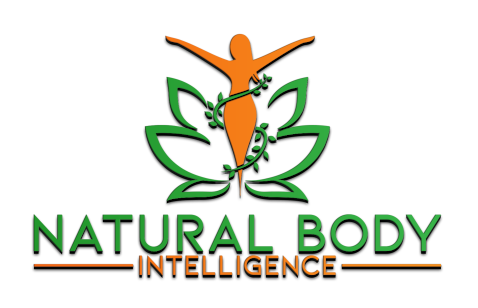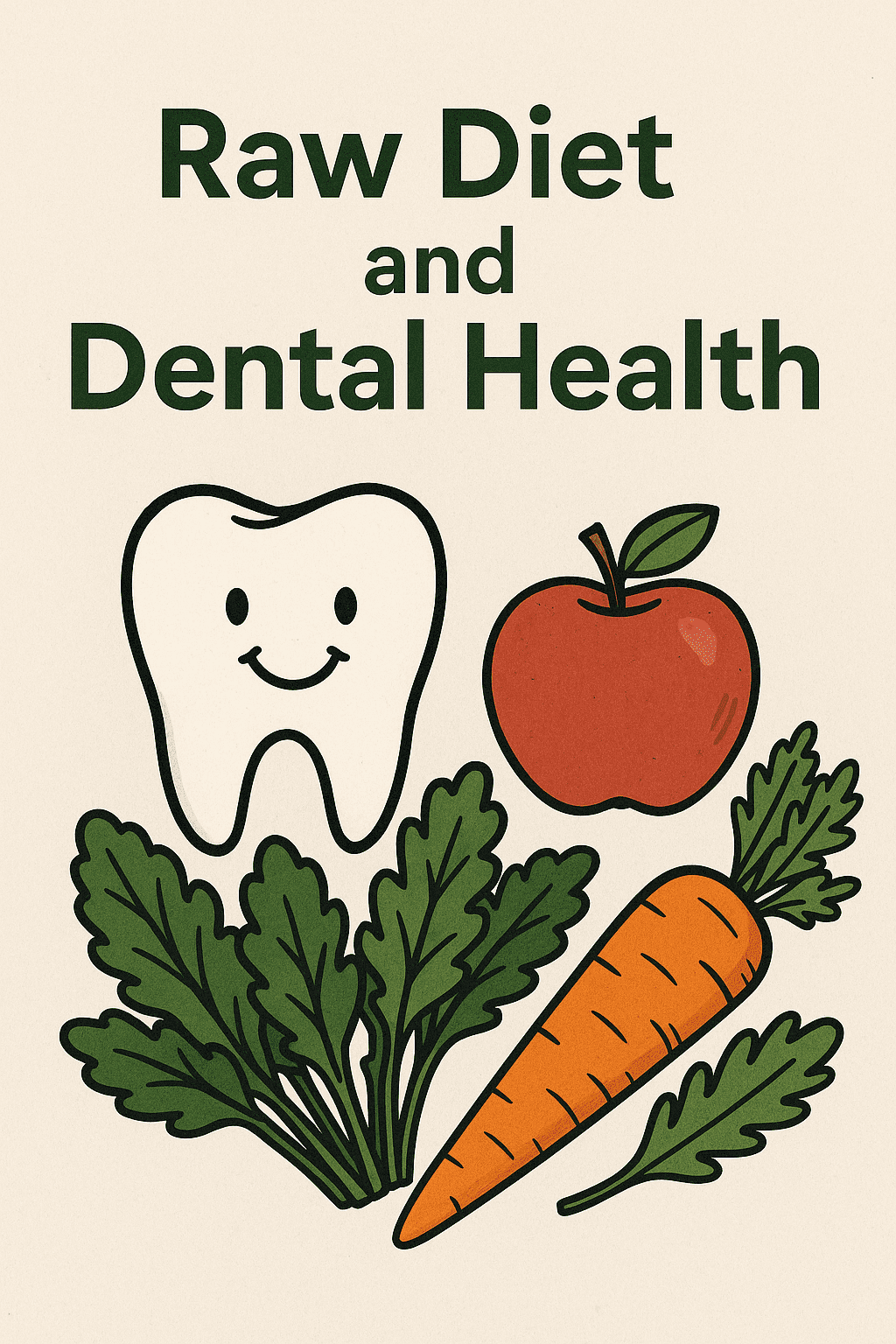Dental health is a frequent concern in raw food circles—and it’s no surprise why. As people clean up their diets, detoxify their bodies, and reclaim energy and vitality, they often expect their teeth to improve along with everything else. But paradoxically, many notice tooth sensitivity, decay, or gum irritation after transitioning to a more natural diet.
This isn’t exclusive to raw foodists, but it becomes more obvious as other health markers improve. The problem, as Natural Hygiene pioneers like Herbert Shelton and medical researchers have pointed out, is rooted not in lack of brushing or dental hygiene, but in deep-seated nutritional deficiencies—ones that begin before birth.
A Modern Epidemic With Ancient Roots
Tooth loss is shockingly common today. According to the American College of Prosthodontists, over 36 million Americans have no teeth at all, and 120 million are missing at least one. In older populations, the numbers are even more staggering.
But this wasn’t always the case. Archaeological evidence shows that ancient people, even those without toothbrushes or dentists, had perfectly healthy teeth:
“The teeth…show no signs of decay and the enamel…is often almost double the thickness and much harder than the enamel on our teeth.”
This raises the obvious question: What changed?
Dental Decay Is a Symptom of Malnutrition
As Herbert Shelton wrote, dental issues begin before we’re even born, depending on the mineral reserves in the mother’s body. If these are low, the child’s developing teeth are weakened from the outset. Over a lifetime, the damage is compounded by:
- Cooked and processed foods
- Acid-forming substances
- Lack of tough, fibrous foods that exercise the teeth
Even the American dentist and physician Hugh W. McMillan noted the failure of modern dentistry to prevent the steady rise in gum disease and tooth decay:
“Despite the increasing number of dentists…the ravages of dental caries are daily increasing.”
The Truth About Caries: It’s Not the Sugar
Contrary to popular belief, dental decay is not caused by sugar on the teeth—at least not in the way we’ve been told. Multiple studies have shown that sugars and starches left on the teeth—even with a fermentative bacterial presence—do not directly cause cavities in animals. Instead, it’s the internal condition of the body, especially the nutrient content of the blood, that determines dental health.
As Dr. P. Howe concluded in his study:
“Feeding orange juice is followed by complete clearing up of the trouble.”
And…
“So long as the diet is normal it has been found impossible to cause caries…by maintaining fermentation in the mouth.”
The Power of Natural Foods
Uncooked, natural foods are nature’s dental trainers. Fruits, leafy greens, and fibrous vegetables require chewing, which strengthens the jaw, massages the gums, and stimulates circulation. Apples in particular have a long-standing reputation for promoting strong teeth.
“An apple a day keeps the dentist away…” – and science agrees.
Shelton wrote that tooth enamel—made from calcium, phosphorus, and trace elements—can only form properly in the presence of Vitamins A, C, and D. This means that no amount of calcium supplementation will help if these supporting nutrients are missing.
Foods that promote dental health naturally include:
- Crisp apples – jaw-strengthening and mildly astringent
- Oranges – high in Vitamin C for gum and tissue health
- Leafy greens – mineral-rich and essential for rebuilding
- Tough vegetables – such as celery and carrots, which demand vigorous chewing
Why Do Teeth Sometimes Get Worse When Switching to Raw?
Transitioning to a raw or natural diet often means leaning heavily on:
- Smoothies
- Juices
- Raw soups and dips
These may be nutrient-rich but they don’t exercise the teeth. Weak jaws from years of underuse may struggle with large salads or crunchy fruit, causing raw eaters to default to blended options—missing out on vital stimulation.
Another factor: as the body detoxifies, it often pulls alkaline minerals (like calcium) from less essential tissues (like the teeth) to neutralise acids being released from storage.
“The body was forced to give up its mineral salts… the teeth, bones, cartilages…were leeched.” – H. Shelton
In addition, long-term fluoride use can mask internal damage. When raw foodists stop using fluoride toothpaste, the artificial reinforcement ends—and the real state of the teeth becomes visible.
What About Dead or Damaged Teeth?
Tooth decay is a slow process that typically begins in childhood. Pregnancy, chronic stress, and years of processed food all accelerate the breakdown. Once healing begins, the body may choose to discard a non-salvageable tooth to recycle the materials elsewhere. Fillings may fall out; teeth may loosen—but this doesn’t mean health is worsening. It often means the body is prioritising true healing over temporary patches.
Rebuilding Strong Teeth, Naturally
The good news: the body will restore what it can. Even bone and jaw density have been shown to remineralise under the right conditions. Here’s what works:
✅ Eat mineral-rich raw foods daily:
- Focus on dark leafy greens, crisp fruits, and tough vegetables.
✅ Chew your food thoroughly:
- Skip the smoothie once in a while and eat that apple or salad whole.
✅ Ensure sufficient vitamins:
- A, C, and D are crucial for mineral fusion into enamel.
✅ Exercise your jaw:
- Just like bones, your teeth need resistance to stay strong.
✅ Don’t fear early symptoms:
- Initial decline often precedes long-term healing as detox and remineralisation take place.
Final Thoughts
There is no one food, no one cure, and no special toothpaste that can replace the foundations of whole-body health. As Herbert Shelton wrote:
“Good teeth depend upon good health… Soundness of the teeth will be preserved by the same mode of living that preserves soundness in all the tissues and structures of the body.”
Instead of chasing localised treatments, we must adopt a complete health-building lifestyle. That’s the only path to lasting dental—and overall—wellbeing.

